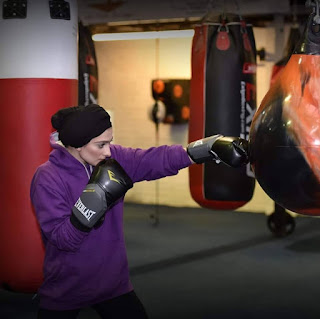Locus of Control and how it affects caring for our patients
 |
| Retrieved from google |
Building trust and using therapeutic use of self is something OTs take very seriously. At my internship when I had a new kid on my caseload, I spent the whole first session just playing with them (quietly observing of course). The goal was to build trust and I wanted the kid to trust me and feel comfortable or we would get nowhere in therapy. I would create situations where they would win the game or they would ask for things and I would give it to them. This, of course, worked great and they loved Mrs. Sam. However, by the second session, things changed. I would challenge them and encourage them to do things for themselves and really work for things, something they didn't like at first but it was better for them in the long run.
It is so important to encourage the client to make decisions for themselves, even if it is as simple as asking to touch them before working on lower body dressing. You can also ask them if they are okay with a certain person in the room, this gives them the autonomy over who has access to their medical information. Limiting certain interventions that are more passive is something I wouldn't have thought about when it comes to locus of control but it makes perfect sense. If a client looks to you as the person who is going to solve all their problems, they will either A. never leave or B. not grow and develop to become more independent and healthy. No matter how much we love a patient, we always want them to leave and discharge because they means they don't need us anymore and that they are able to optimally function and be independent within their envrionment. Alas, the goal of OT!
Keeping in mind how our clients think when designing treatment plans, goals, and intervention ideas will better equipt us to treat them and instill a sense of independence within them so they can be their biggest advocate!
Until next time,
Sam the Student
Until next time,
Sam the Student
References:
Meira, E. (2013). The Science PT. Are your patients out of control? https://thesciencept.com/are-your-patients-out-of-control/


Comments
Post a Comment